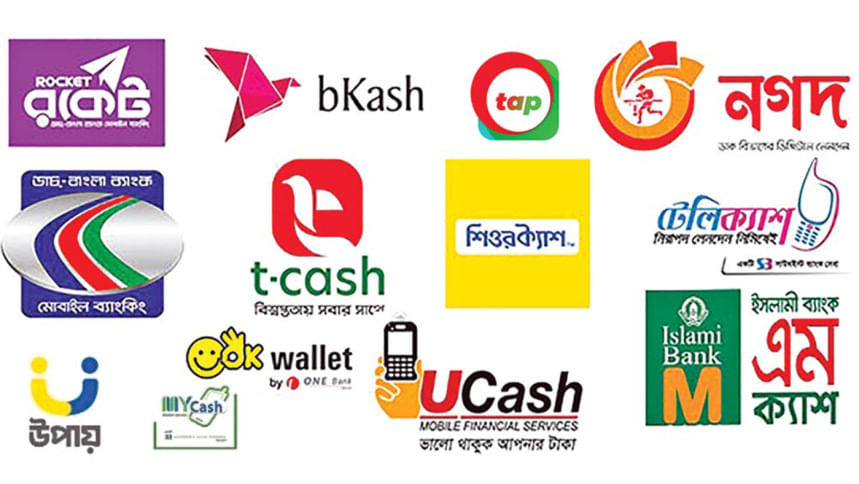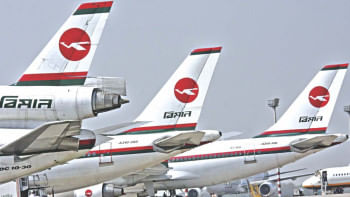MFS operators allowed to bring in remittance

Mobile financial service providers have been allowed to bring in remittances to Bangladesh, a move that would permit migrant workers to transfer funds to their beneficiaries directly, fast, digitally, and in a secure way.
Currently, remitters depend on formal channels such as foreign exchange houses, banks, and money transfer companies to send their money back home. But they can't carry out the transactions instantly and sometimes they have to travel, a situation that forces them to use the hundi system, which is illegal.
But once the central bank's latest move translates into reality, they will be able to send money home using their mobile wallets.
In Bangladesh, banks can make drawing arrangements with exchange houses abroad without prior permission from the Bangladesh Bank. They are also allowed to go for drawing arrangements without letters of reference or certificates from the Bangladesh embassy or high commissions of the respective country.
In order to bring wider flexibility to the money transfer system, MFS operators will be allowed to repatriate wage earners' remittance in association with internationally recognised online payment gateway service providers, banks, digital wallets, card schemes, and aggregators abroad, said the Bangladesh Bank in a notice yesterday.
At present, 13 MFS operators are providing services to more than 18 crore account holders, who are transferring nearly Tk 3,000 crore daily
"The initiative taken by the Bangladesh Bank will help wage earners send remittances in a secure and faster way through digital platforms of the licensed MFS providers," said Shamsuddin Haider Dalim, head of corporate communications of bKash, the largest MFS operator in Bangladesh.
"We hope necessary steps will be taken to implement the instructions of the regulator."
An executive of an MFS operator welcomed the central bank move, saying it will boost remittance transfers through official channels and cut remitters' reliance on the hundi cartel.
"Sometimes remitters have to rely on the hundi system since they can't remit money whenever they want and from wherever they want."
Bangladesh rolled out MFS in 2011. Since then, the service has exploded across the country.
At present, 13 MFS operators are providing services to more than 18 crore account holders, who are transferring nearly Tk 3,000 crore daily.
Under the new system, MFS operators must have standing arrangements with foreign payment service providers (PSPs) to receive foreign currencies in their accounts, and an equivalent taka value will be credited to the wage earners' MFS accounts.
According to the BB notice, foreign PSPs must provide credit to the designated banks' nostro accounts. After receiving the amount in the taka, wage earners can use the MFS account from abroad to carry out all transactions in the taka.
A wage earner can open an MFS account in the taka through e-KYC (electronic know your customer) along with the validated proof of departure from Bangladesh. On return to Bangladesh, such accounts can be converted to local MFS accounts.
This account may be converted again to a wage earner MFS account with the proof of departure. It is important that wage earners' MFS accounts can only be credited against foreign currencies, said the BB.
Banks have been advised to provide settlement account services to MFS operators.
Under the service, banks will transfer the fund upon receipt in their nostro accounts to settlement accounts in the equivalent taka of the MFS operators.
As an alternative, banks may maintain accounts in the name of foreign PSPs in foreign currency or taka to facilitate the transfer by debiting the accounts, said the notice.
Currently, one crore Bangladeshi migrants are working in other countries, sending $21.03 billion in the last fiscal year of 2021-22. But half of the remittances are said to flow to the country through formal ways and the rest through hundi.

 For all latest news, follow The Daily Star's Google News channel.
For all latest news, follow The Daily Star's Google News channel. 



Comments